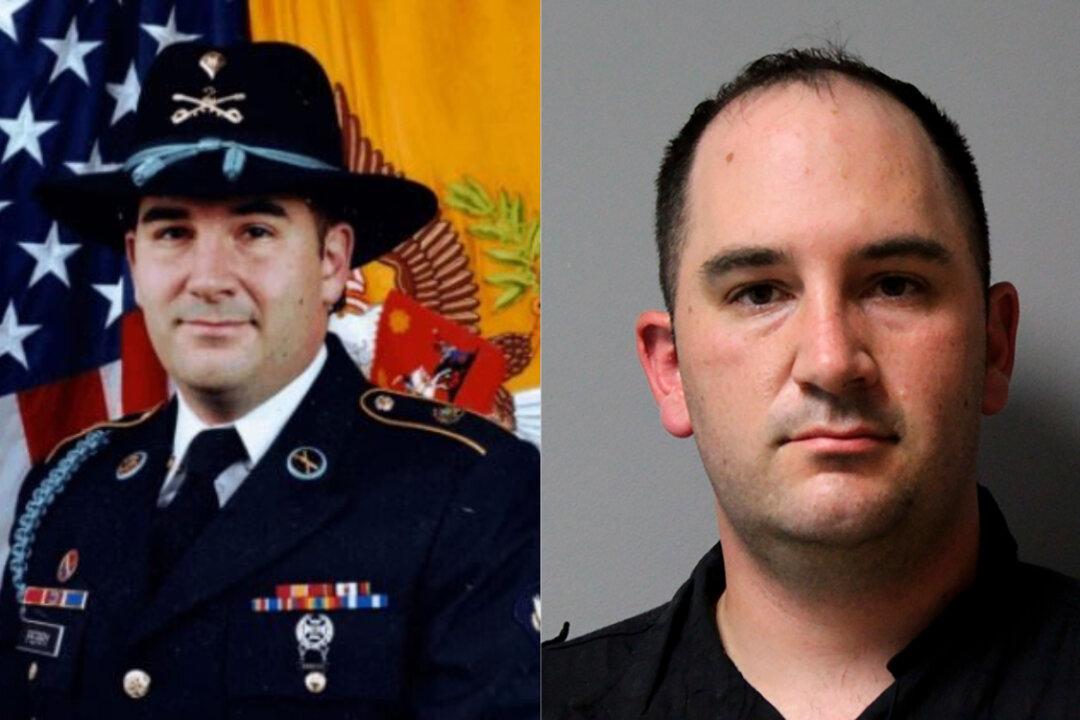A Texas judge has denied a retrial for Daniel Perry, a U.S. Army sergeant who was convicted of killing an armed protester during an encounter at a Black Lives Matter protest in Austin, Texas, in 2020.
Perry was found guilty of murder last month after he fatally shot Garrett Foster—who had approached his car while openly carrying an AK-47-style rifle. Perry’s legal team quickly filed a motion for a retrial in the case, arguing they were denied the ability to present key evidence and that the jury was swayed by outside influences and other jury misconduct.





